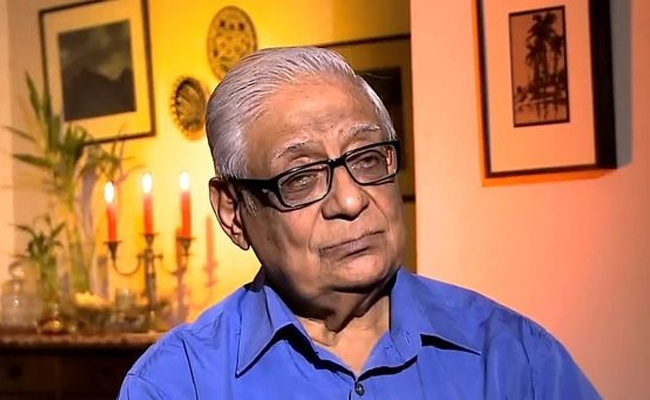Jakarta, Sept 28: Powerful earthquakes jolted the Indonesian island of Sulawesi on Friday and triggered a tsunami that an official said swept away houses in at least two cities.
Indonesia had declared a tsunami warning after the strongest quake, which registered magnitude 7.5, but lifted it about half an hour later. It was followed by numerous strong aftershocks including one of magnitude 6.7.
Disaster agency spokesman Sutopo Purwo Nugroho said in a live TV interview that the tsunami hit Palu, which is the capital of central Sulawesi province, and a smaller city, Donggala.
He said houses were swept away and families were reported missing. Communications to the area are disrupted.
“The cut to telecommunications and darkness are hampering efforts to obtain information,” he said. “All national potential will be deployed, and tomorrow morning we will deploy Hercules and helicopters to provide assistance in tsunami-affected areas.”
Indonesian TV showed a smartphone video of a powerful wave hitting Palu with people screaming and running in fear.
Palu’s airport halted operations for 24 hours due to earthquake damage, according to AirNav, which oversees airline traffic in Indonesia.
Central Sulawsi was hit earlier Friday by a magnitude 6.1 earthquake that based on preliminary information killed one person, injured 10 and damaged dozens of houses.
“All the things in my house were swaying and the quake left a small crack on my wall,” Donggala resident Mohammad Fikri said by telephone.
Indonesia is prone to earthquakes because of its location on the “Ring of Fire,” an arc of volcanoes and fault lines in the Pacific Basin.
In December 2004, a massive magnitude 9.1 earthquake off Sumatra in western Indonesia triggered a tsunami that killed 230,000 people in a dozen countries.
Courtesy: www.hindustantimes.com
Let the Truth be known. If you read VB and like VB, please be a VB Supporter and Help us deliver the Truth to one and all.
New Delhi (PTI): Congress leader Rahul Gandhi celebrated Holi with party workers at the AICC's 24, Akbar Road office here on Wednesday, as he was smeared with colours by supporters and leaders.
Gandhi wished everyone a Holi filled with love and one that eliminates hatred.
Surrounded by workers, leaders and journalists at the party office, Gandhi applied colours on everyone and was smeared by 'gulal' in return.
Sharing pictures from the celebration on X, Gandhi said in a post in Hindi, "Heartiest greetings to all of you on the festival of colours and love, Holi. May the colours of Holi fill your lives with new hopes, new enthusiasm and countless happiness."
Earlier, Congress president Mallikarjun Kharge greeted people on Holi.
"Holi is a festival that expresses the soul of our colorful, multicultural society. It celebrates the tradition of unity in diversity, mutual harmony, and brotherhood that has been the hallmark of our civilization for centuries," Kharge said in a post in Hindi on X.
"On this joyous occasion that bridges distances, I wish you all a very Happy Holi. May your life always be filled with the colors of happiness," Kharge said.
Congress general secretary Priyanka Gandhi Vadra also greeted people on Holi.
"Heartiest greetings for Holi, the grand festival of togetherness, filled with the diverse colors of joy, enthusiasm, happiness, sweetness, and brotherhood," she said in a post in Hindi on X.
"Holi is a grand festival of lovingly embracing your family, friends and everyone else. Embrace everyone and share happiness with everyone. Happy Holi to all the people of the country!" she said.
रंगों और मोहब्बत के पर्व होली की आप सभी को हार्दिक शुभकामनाएं।
— Rahul Gandhi (@RahulGandhi) March 4, 2026
होली के रंग आप सभी के जीवन को नई आशाओं, नए उमंग और अनगिनत खुशियों से भर दे। pic.twitter.com/sp10UNSl7v





